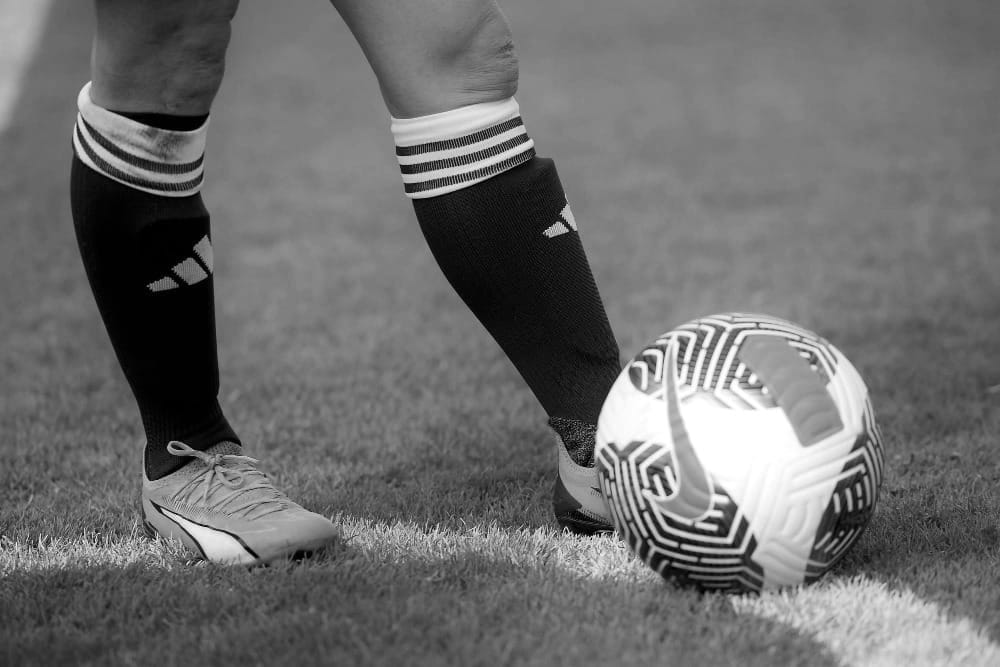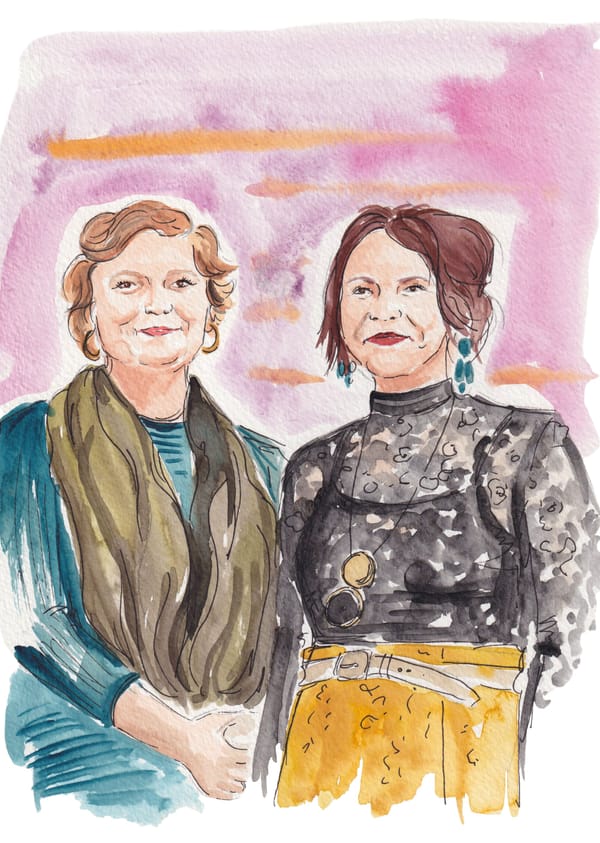Could Advertising Be An Activist Tool?
How do you sponsor something that apparently nobody wants to see? You trick them into it.

Last month when I was in Paris at the Women’s Forum for the Economy & Society, I had the opportunity to interview Agathe Bousquet who is president of Publicis Groupe France. Publicis is a multinational advertising and PR agency.
I wanted to ask Bousquet how we might use advertising not just to sell a product, but also to sell an idea—possibly even a progressive idea. Could advertising be, I wondered, an activist tool?
As we know, much of advertising is built on stereotypes. Even in 2024, you can still spot women cleaning and cooking and guys watching the sports. It’s so unbelievably boring. And sure, recent ads have shaken things up by putting men on dinner duty (!) but that’s hardly radical in today's actual world.
Stereotypes are lazy, falling back on old tropes and yawn-worthy predictability. But perhaps because they are so predictable, these very stereotypes can set us up to challenge beliefs. Or as Bousquet said, “this is how advertising can be a force for good.”
A 2023 ad created by the French agency Marcel for the telecom company Orange, features an exhilarating montage of moments from men’s soccer. Only Les Bleus (the nickname for the French men’s soccer team) can give us these emotions, the ad tells us. Except—cue: giant record player screech—it wasn’t Les Bleus you’d just seen, it was Les Bleues (the nickname of the French women’s soccer team; did you spot that extra e?). The entire first half of the ad is a deepfake, with men’s faces superimposed onto women soccer players. And it’s a real jolt to the system.
“The good thing with advertising,” said Bousquet, “is that sometimes you can really play with those stereotypes.” You can really change things, she said.
The Les Bleues advertisement worked because there was this assumption that women’s soccer is “not interesting and not technical." There's an assumption "that nobody cares about it,” Bousquet said.
But the telecom company Orange was the sponsor of the French women's soccer team, and how do you sponsor something that apparently nobody wants to see?
You trick them into it. And if it takes a deepfake, well, so be it.





